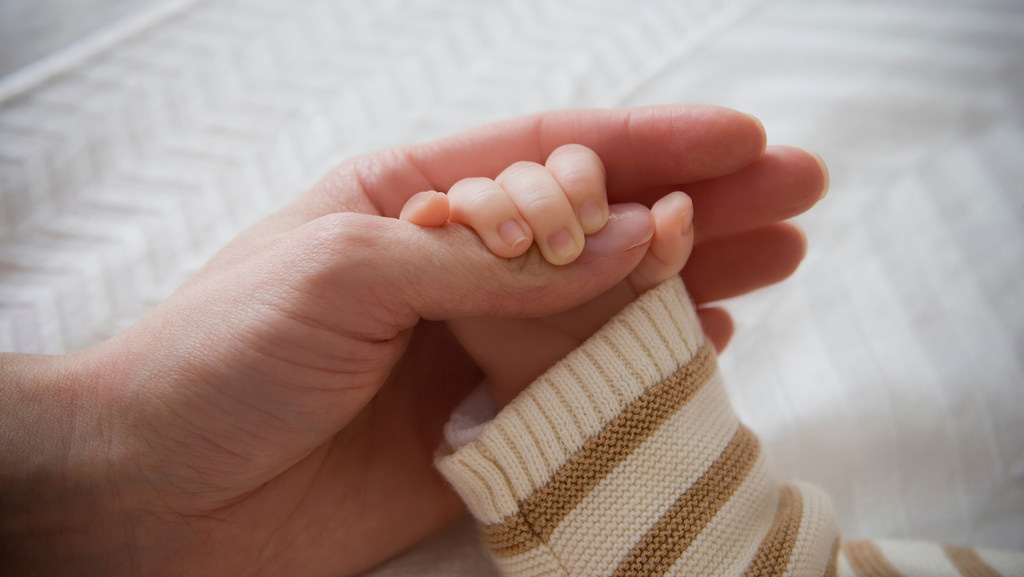Researchers at the National Institutes of Health found that some women with postpartum depression might still experience symptoms for up to three years after giving birth. Their findings were released in Pediatrics.
The new research included 5,000 female adult participants and data from their new-born infants as part of the Upstate KIDS Study. The infants were born between 2008 to 2010 in various counties within the state of New York.
The participants were evaluated for three years after their children were born, assessing the caregiver’s symptoms by conducting depression screening questionnaires. The questionnaires were not designed to clinically diagnose a depressive disorder.
What researchers determined was that approximately 1 in 4 women had exhibited chronic symptoms of depression during the three years after birth. It was also concluded that women with gestational diabetes or mood disorders were at a higher likelihood of developing affective symptoms that last for nearly 36 months.
“Our study indicates that six months may not be long enough to gauge depressive symptoms,” said Diane Putnick, co-author of the study, in an NIH press release.
“These long-term data are key to improving our understanding of mom’s mental health, which we know is critical to her child’s well-being and development,” Putnick added.
“Future studies should include a more diverse, broad population to provide more inclusive data on postpartum depression.”


